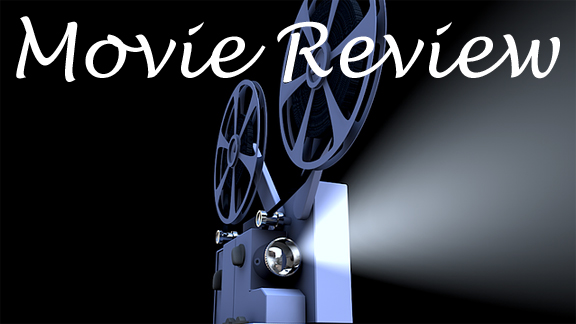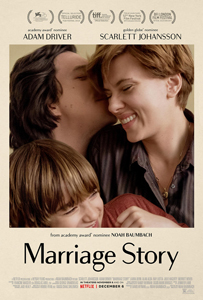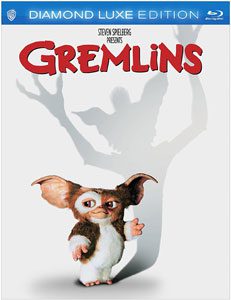“Marriage Story” (2019, Netflix) is both a stark portrayal of why people should never get married (it costs way too much to get divorced) and a surprisingly good love story considering that we meet these people amid their divorce proceedings. In stage play-like fashion, writer-director Noah Baumbach portrays the daily lives of Charlie (Adam Driver) and Nicole (Scarlett Johansson).
While there is one extreme shouting match, the couple is mostly calm and mature; it’s actually the legal process of divorce that gets a viewer’s blood boiling.
A mature study
The film doesn’t do anything fancy to drive home the contradiction – common though it may be – of two people who love each other but can’t be together. “Blue Valentine” (2010), by contrast, intersperses a couple’s clashes with the happy moments of their initial meetings, and it’s effective, if arguably manipulative. “Marriage Story” starts with off-Broadway director Charlie and actress Nicole writing (in voiceover) their positive impressions of the other as part of marriage counseling.

“Marriage Story” (2019)
Director: Noah Baumbach
Writer: Noah Baumbach
Stars: Adam Driver, Scarlett Johansson, Julia Greer
But then it’s downhill. However, perhaps because of the stage-play-esque nature of Baumbach’s writing, Charlie and Nicole are mature and thoughtful every step of the way. This approach could’ve come off as stiff, but it makes sense because they want what’s best for their son, Henry (Azhy Robertson).
I appreciate how “Marriage Story” is a sober account of this situation even though Charlie’s and Nicole’s emotions run high. Every flaw they have is human rather than monstrous – things like Charlie wanting to live in New York and Nicole wanting to live in Los Angeles. Neither is amazing at understanding the other’s feelings and desires, but we see it’s not out of maliciousness – and besides, that’s a common trait even among successful couples.
The most eye-opening part of the movie is the divorce proceedings, led by Best Supporting Actress winner Laura Dern’s Nora and Alan Alda’s Bert. (Speaking of old-school actors, it’s also nice to see “Airplane!’s” Julie Hagerty as Nicole’s mom.)
The politics of divorce
While Nora does some bloodsucking lawyer types of things, she says it’s necessary because the system rewards bad behavior. Divorce courts are like politics, “Marriage Story” shows us: You win or lose on your performance, not your record.
While child-custody cases notoriously favor the mother – even though everyone knows that’s unfair – Nora also points out that Nicole has less margin for error when a social worker comes to visit and take notes. Mothers are expected to be perfect; fathers get some leeway. It’s another thing that’s widely acknowledged as unfair, yet that’s how it is.
Any reasonably fiscally responsible viewer will be most angry about the fact that Nicole and Charlie are spending money on lawyers rather than working this out themselves. That’s money that could’ve gone to much better things, including Henry’s college fund.
Sketchy fiscal situation
The fiscal situation of both parents is sketchy throughout the film, as they are demonstrably not rich (they both work in NYC theater), yet they both manage to hire quality attorneys. That hurts the realism only slightly.
“Marriage Story” is filled with details about not only how divorce is hard, but how raising a child and living daily life are hard. That’s balanced by some funny awkwardness, like the social worker (Martha Kelly as Nancy) who visits Charlie and Henry to observe their living situation. Nancy accepts a glass of tap water and then stiffly asks questions from a list.
In the end, “Marriage Story” argues that maturity and understanding can get a couple through divorce – even if it couldn’t keep the marriage going. But dang, I wish they could’ve done it without extreme legal costs.


